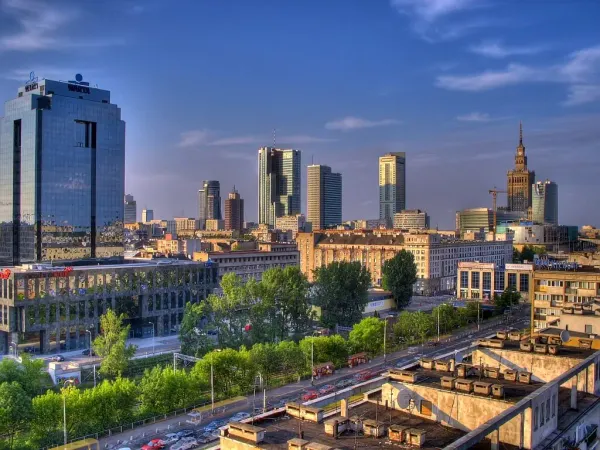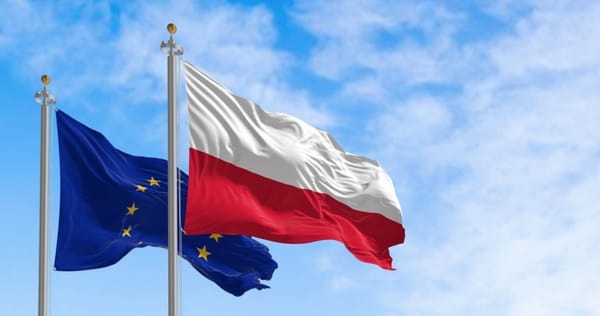
Hungary declares energy emergency
The Hungarian government declared a state of emergency and ditched its flagship policy of subsidising domestic utility bills on Wednesday, as fears of a looming European energy crisis rise across the continent.
The crisis meeting of Hungarian Prime Minister Viktor Orban’s energy cabinet on Wednesday was prompted, according to the state news website Hirado, because it became clear this week that there could be insufficient gas in the EU from the autumn.
Hungary must prepare to have enough energy in the winter, Hungarian Prime Minister’s Office leader Gergely Gulyas told members of the press on Wednesday. Gulyas said the government is not planning to remove its cap on fuel prices, which will stay in place until October 1.
Fears of an oncoming energy shortage in light of the war in Ukraine were heightened by Russia’s shutdown of gas deliveries to Germany via the Nord Stream 1 gas pipeline on Monday. Although Russia has put this down to routine maintenance work, numerous EU politicians have expressed fears that the pipeline will not reopen when this work is completed.
Fatih Birol, head of the International Energy Agency said Tuesday that “the energy supply squeeze that has triggered shortages and sent global power and fuel prices surging may get worse. The world has never witnessed such a major energy crisis in terms of its depth and its complexity,” Birol added.
Energy bill subsidisation has been a flagship policy of the Orban government. However Hungarian households who consume above the average annual consumption level of 1,729 cubic metres of gas and 2,523kWh of electricity will no longer receive subsidised rates as of 1 August.
Families with at least three children will receive discounted gas for usage up to 2,329 cubic metres annually, however, which represents an increase of 300 cubic metres, the government underlined.
In response to the uncertainty over energy supplies, Hungary will increase its domestic gas production from one and a half to two billion cubic metres, and recommence the mining of coal, including lignite. Gulyas said Hungary can meet its 2030 climate goals regardless of this policy change.
The Matra Power Plant in north Hungary will restart lignite power production as soon as is feasible, while the country’s only nuclear power plant in Paks, central Hungary, will extend its working hours.
Exports of energy and firewood from Hungary will meanwhile be restricted. Hungarian Foreign Minister Peter Szijjarto is now authorised to buy gas on the markets, the government added.





